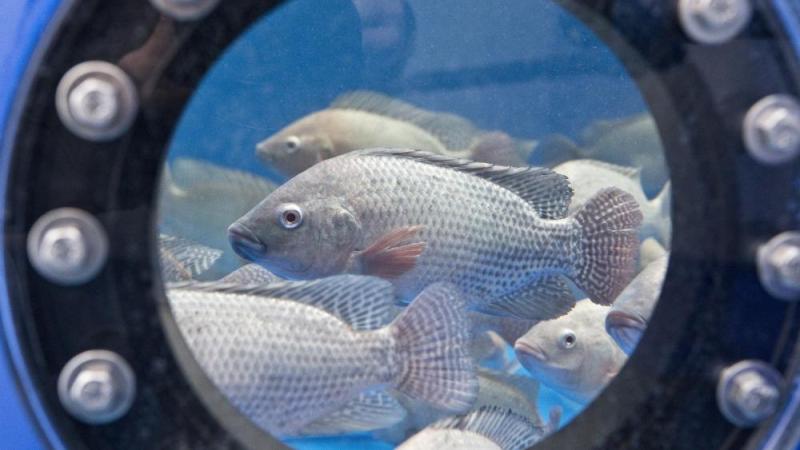
The entire Döllnsee is equipped with an acoustic telemetry system so that the position and movements of the fish can be tracked in 3D. I Photo: Robert Arlinghaus, IGB
The researchers used the acoustic telemetry system at Lake Dölln in whole-lake experiments. There, the movements and interactions of the fish under natural conditions can be tracked with high spatial and temporal resolution.
Over a period of several months, the translocated catfish exhibited consistently larger activity‐space sizes than resident catfish, but did not differ from residents in activity and survival.
The pike from one of the two translocated origins also showed elevated space‐use, and both translocated origins revealed higher mortality rates than their resident conspecifics.
In father and maternity analyses of the offspring, the researchers showed that the non-resident fish had only half the reproduction rate of the wild conspecifics. If it came to reproduction, however, hybrids between newcomers and residents developed. Successful fish stocking fosters gene flow of non‐native genes in pike stocks.
"We expected that the differences in behaviour would disappear over time. This was not the case. The difficulties in adapting to the new habitat still affected the survival rate and, in trend, the reproduction of pike even after several months. In this respect, the introduction of large predatory fish into fish stocks that reproduce well is worth reconsidering," summarises Robert Arlinghaus.





